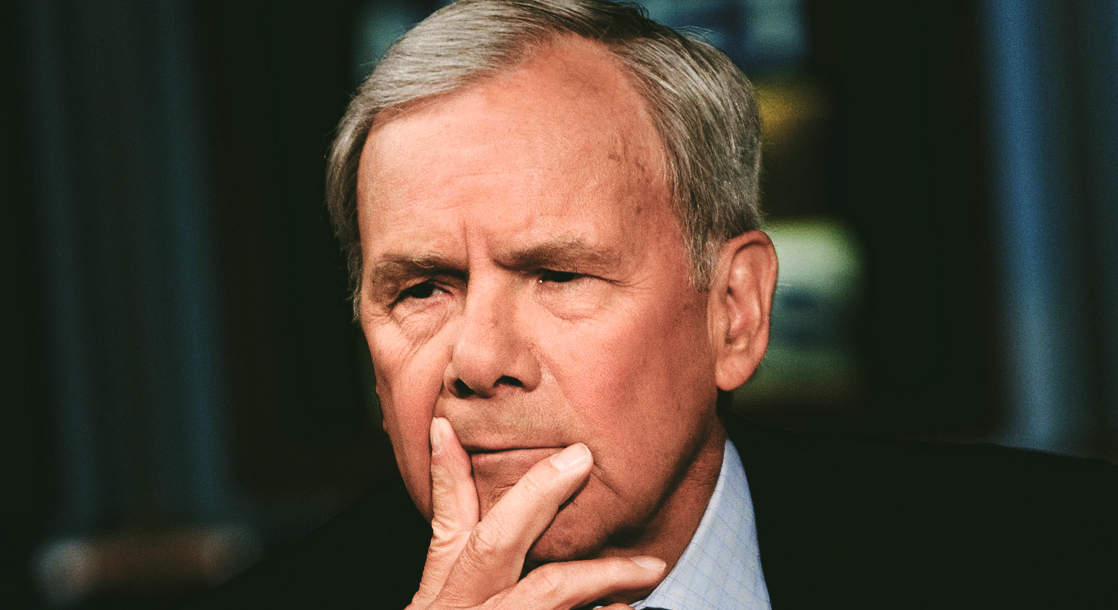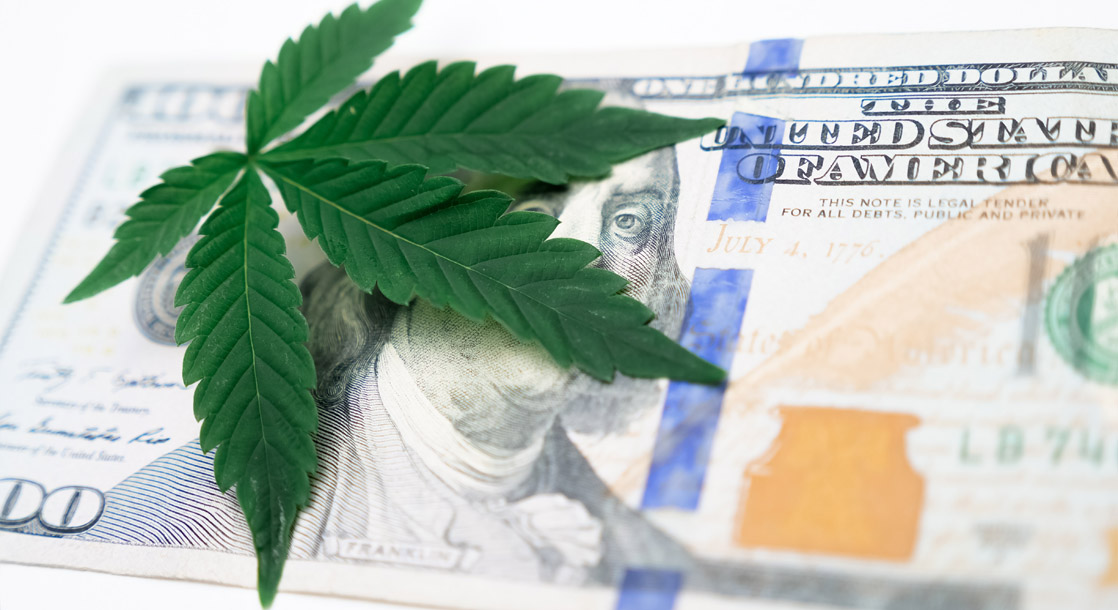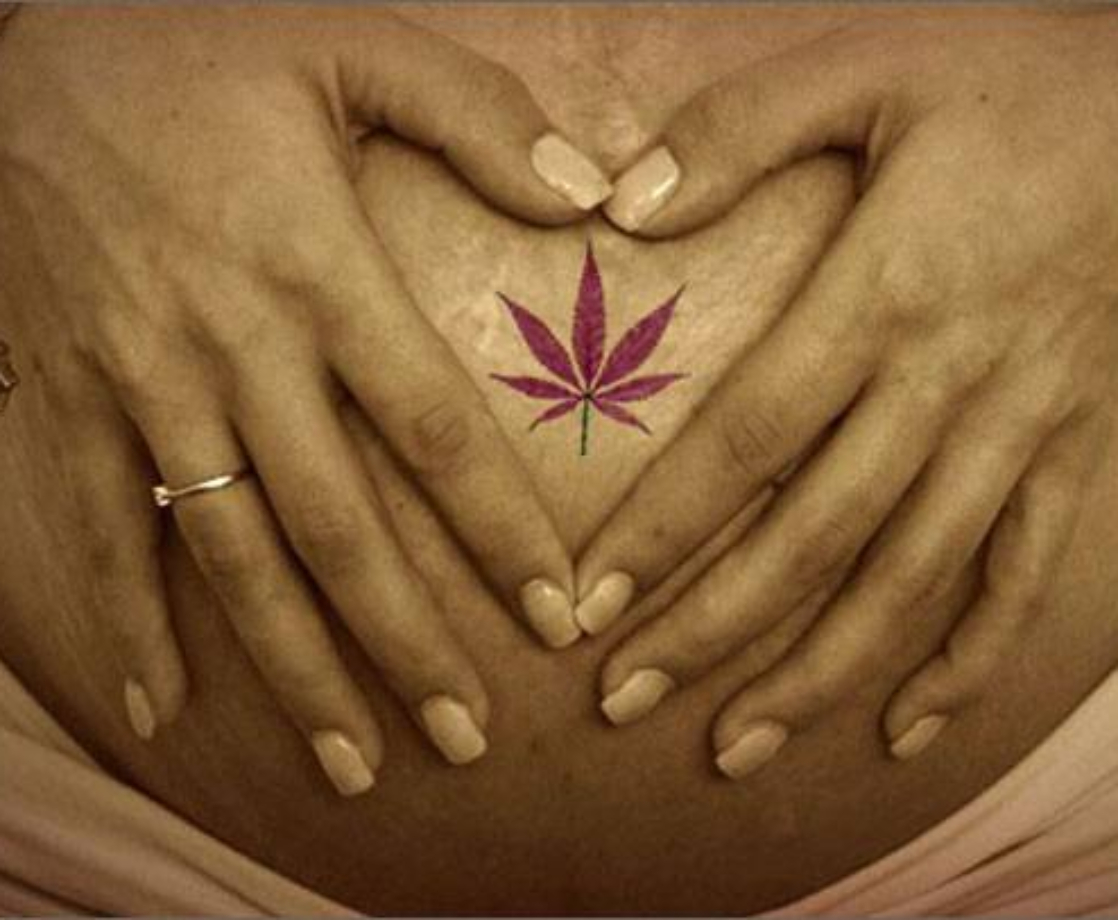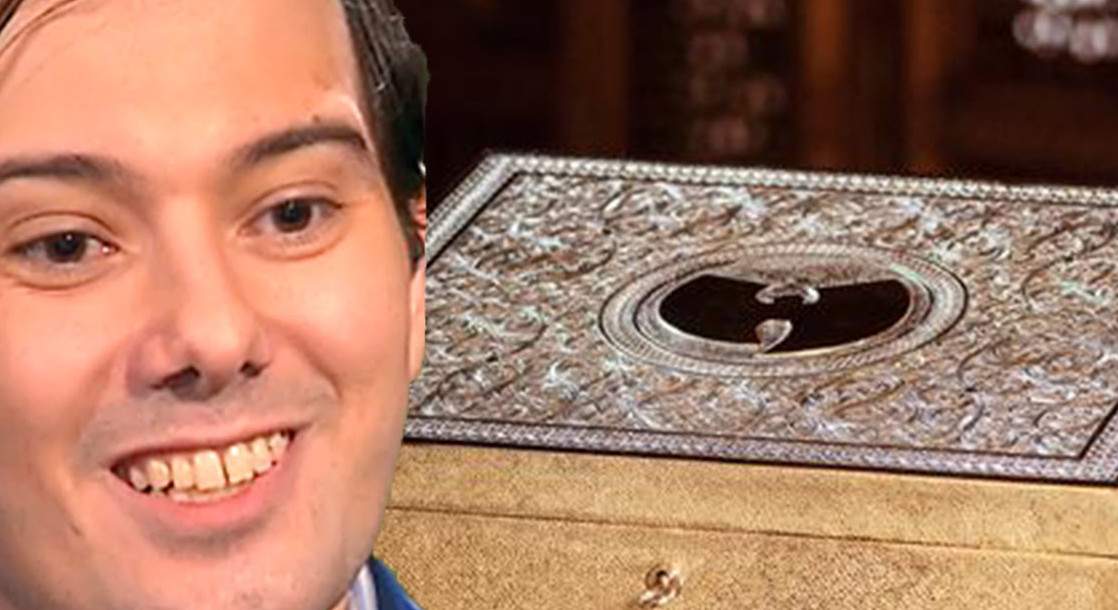In 1977, I was a house-painter in Boulder, Colorado. I spent all day with two other hippies staining window and door casings. When it was break-time, we ducked out to the woods to “get stained,” as we called it. After that, it was such a gratifying job—dipping the clean brush into the velvety walnut stain and applying it to the unfinished pine and watching it sink in and magically bring out the grain, then cutting a clean line where the casing met the drywall so there was no work left for the touch-up crew.
I wrote an opinion piece for my old employer, the Washington Post, about industrialized house-building—how the process was broken down into assembly-line jobs like mine. I wrote that the lack of overall accountability could lead to errors such as crooked doorways.
After it was published, a producer for The Today Show called and invited me to come on the program and expand on my revelation about workmen smoking marijuana on the job. I could have told him that the story wasn’t really about pot. But marijuana was a hot topic in 1977—its increasing popularity, its perceived risks, the drive to legalize it. Besides, this invitation was a writer’s dream come true.
They scheduled me for the day after Labor Day, 1977. Tom Brokaw would interview me. I called my widowed mother in Detroit and told her to tune in. Naturally, she was delighted to hear it and alerted all of her friends.
NBC put me up in a hotel near Rockefeller Center. I had rehearsed what I planned to say. Sure, they liked the marijuana angle. But I was certain that I could direct Brokaw’s attention to the larger issues involved.
Suddenly we were sitting in front of the cameras. Brokaw gave the lead-in. Then he turned to me and said, “So, Tom, in the middle of the morning you and your friends don’t take a coffee break, do you? You take a…”
What could I say?
“A marijuana break.”
And so it went. We played fill-in-the-blanks. Brokaw didn’t give me one opening to sing my song. He even got me to imply that dope was to blame for the crooked doorways. He was such a pro at making the point they wanted to make: that our hippie counterculture was a joke.
I thought about my poor mother and her friends having to see me exposed as a drug addict.
The interview ended, and I was ushered off-stage. Willard Scott, the weatherman, who was getting ready to do his next forecast, called to me across the set: “Hey, Tom! I just bought a condo in Steamboat Springs. You didn’t have anything to do with that project, did you?”
The crew had a good laugh. My handler led me away. Through an open doorway I glimpsed a monitor replaying my appearance. I was appalled to see how stupid I looked, how out of place, in my mountain-man beard and Paul Bunyan costume. I looked glassy-eyed, like I was stoned.
Did they do that with a special lens?











